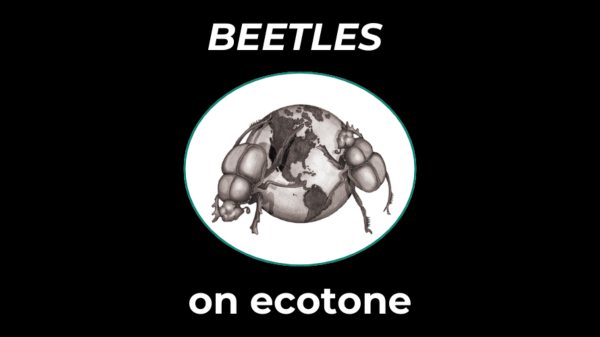Professional Learning Session: Constructing Understanding

There is a large amount of research on how people learn, and that research can influence how we teach. In Constructing Understanding, participants will explore this research, experience a model activity, and practice applying learning to teaching. This session provides information about the persistence of individually held views about particular science concepts and what educators can do to help learners adjust those frameworks by providing new experiences and information to deepen learners’ understanding.
Although all BEETLES sessions combine theory with practice, this session is heavier on theory, providing a rationale for many instructional approaches that are shared in BEETLES materials.
In this session, participants are invited to:
gain a working knowledge of what the research tells us about how people learn;
learn a variety of strategies that research has shown to be effective in helping learners become aware of, build on and modify their understandings;
provide an opportunity to reflect on ideas about teaching, learning, and scientific conceptual understanding;
experience a variety of instructional strategies through a model lesson, then reflect upon those strategies and their impact; and
gain awareness of how students can hold onto inaccurate ideas despite instruction on the topic.
When
Our session is on Friday, May 30 from 10 AM–1 PM PST and will be held virtually over Zoom. This will be an opportunity to connect and learn together with practitioners and leaders from across the field. Come on your own, or attend with a group of folks from your organization*.
*Interested in registering a group? Email the team at environmentallearning@berkeley.edu to learn about group discounts!
Register for Professional Learning Session: Constructing Understanding.

